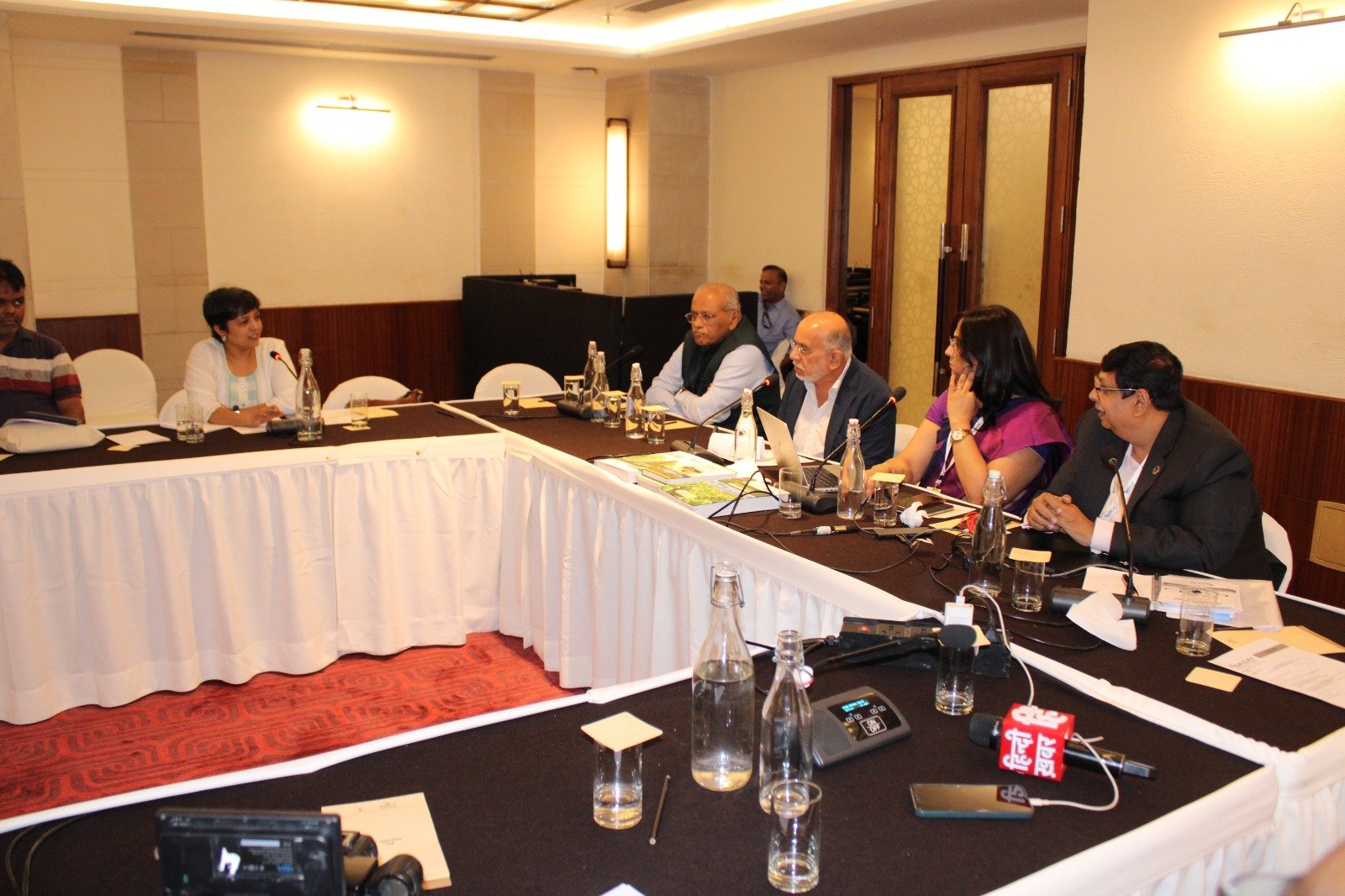Monday, 23 February 2026

The Biological Agri Solutions Association of India (BASAI) hosted BASAI 2025, a two-day national conference on “B3iologicals for Sustainable Agriculture – a Climate Resilient Approach” at the India Habitat Centre, New Delhi. The event brought together policymakers, scientists, and industry leaders to chart India’s path toward sustainable and climate-smart agriculture.
The conference comes as the Ministry of Agriculture raises concerns over the quality and counterfeiting of bio-stimulants. Against this backdrop, BASAI 2025 showcased how biostimulants, biofertilizers, and biopesticides can boost crop productivity, restore soil health, and reduce climate risks for farmers.
The event also featured the release of Six new books on biological agriculture and innovations in hydroponics and water-soluble fertilizers, Seeds to Scale.
BASAI 2025 is a collective call to action — bringing science, industry, and farmers together to build a climate-resilient and sustainable future for Indian agriculture,”. On this occassion Sandeepa Kanitkar – President of BASAI said – the sunrise agri -biologicals industry will play a crucial role in removing the gaps in farm productivity. Soil health , food safety and environmental safety is of utmost importance as farmers can only be benefitted if farming is sustainable. Favorable policy support will help much needed innovation in this industry to make India forefront producer of biofertilizers, biostimuiants and biopesticides in the world. BASAI provides a great platform to further development of markets, awareness in the sector” said Sandeepa Kanitkar, Chairperson, BASAI
“India’s farmers are the backbone of our food system. BASAI 2025 is about equipping them with science-backed, sustainable solutions that truly work for them and the planet,” said Vipin Saini, CEO, BASAI. The exhibition saw participation from leading agri-biological companies such as Kan Biosys, Biostadt, PJ Margo, Prabhat Global, MicroAlga, IPL Biologicals, Coromandel Trishul, Inera Pushpa J Shah, Peptech and others. Discussions also highlighted women-led entrepreneurship and farmer-driven innovations as key to driving adoption of biological inputs in rural India.
With India’s biostimulants market projected to nearly triple by 2032 ($ 410.78 million to $ 1,135.96 million) and biofertilizers also expected to grow steadily — projected to reach $ 399.67 million by 2033 at a CAGR of 11.50 per cent (Market Research Future) — along with double-digit growth expected in biopesticides, biologicals are emerging as a mainstream solution for farmer profitability and climate resilience